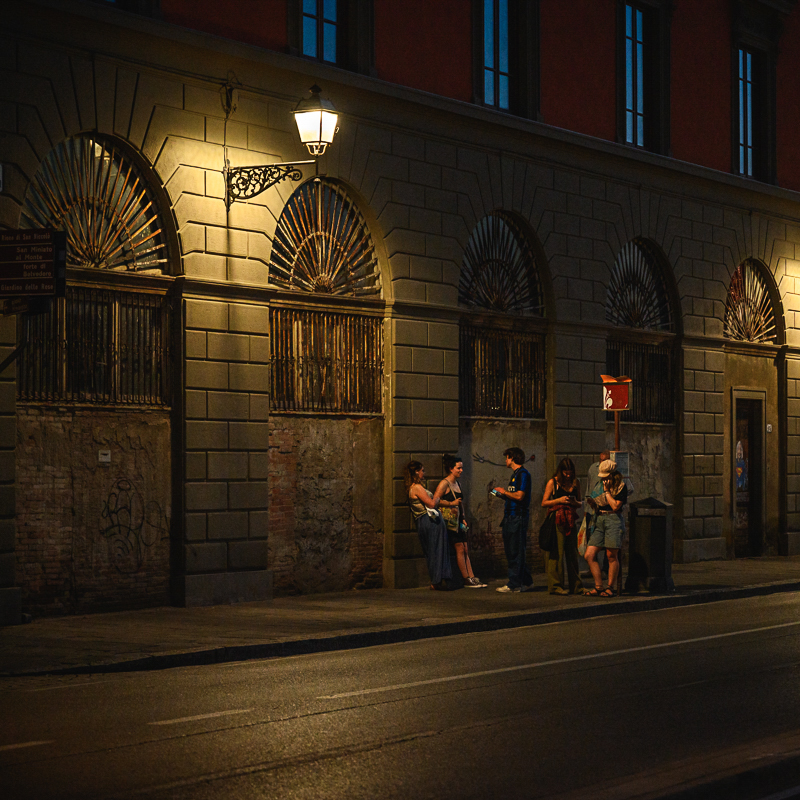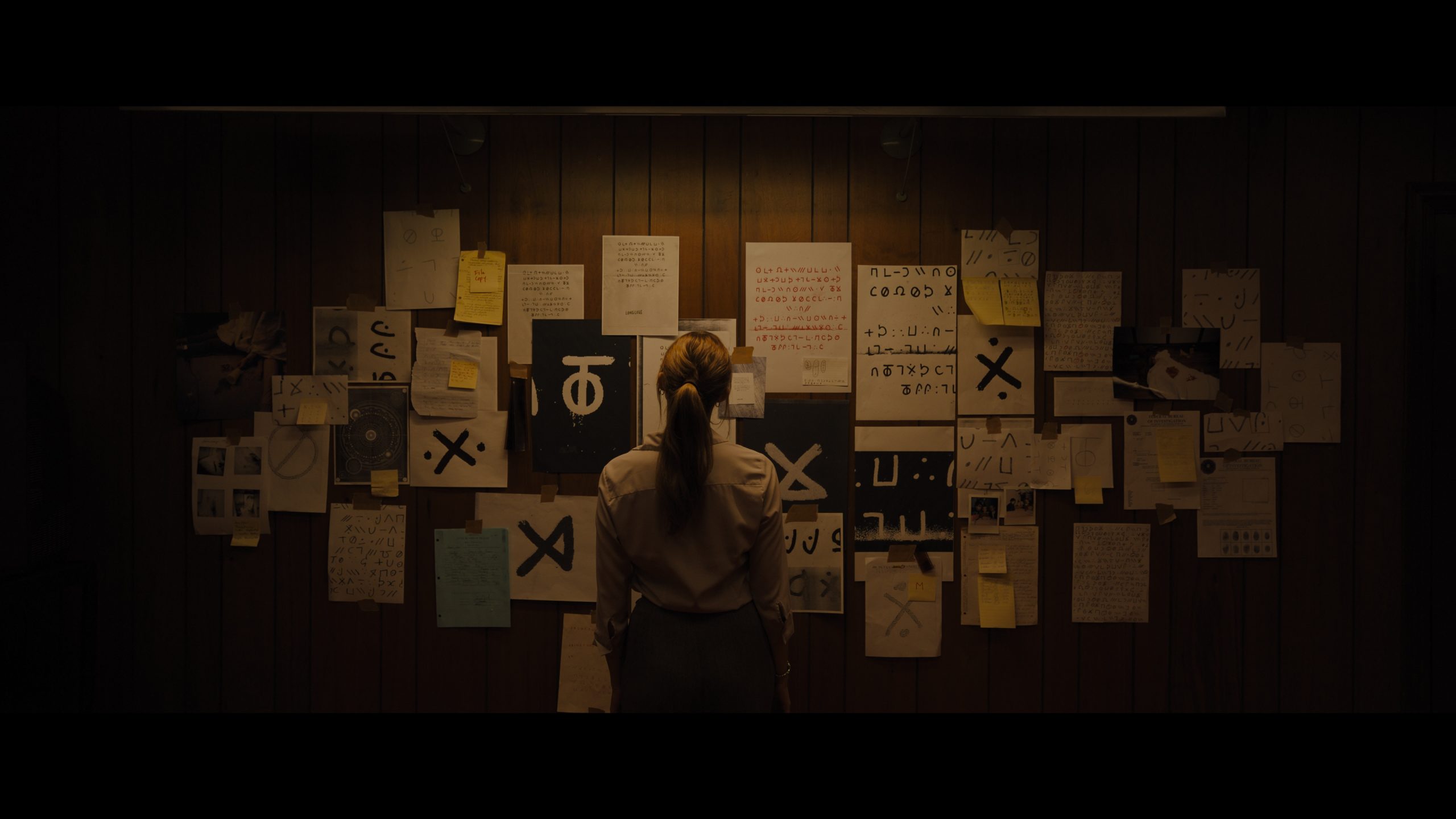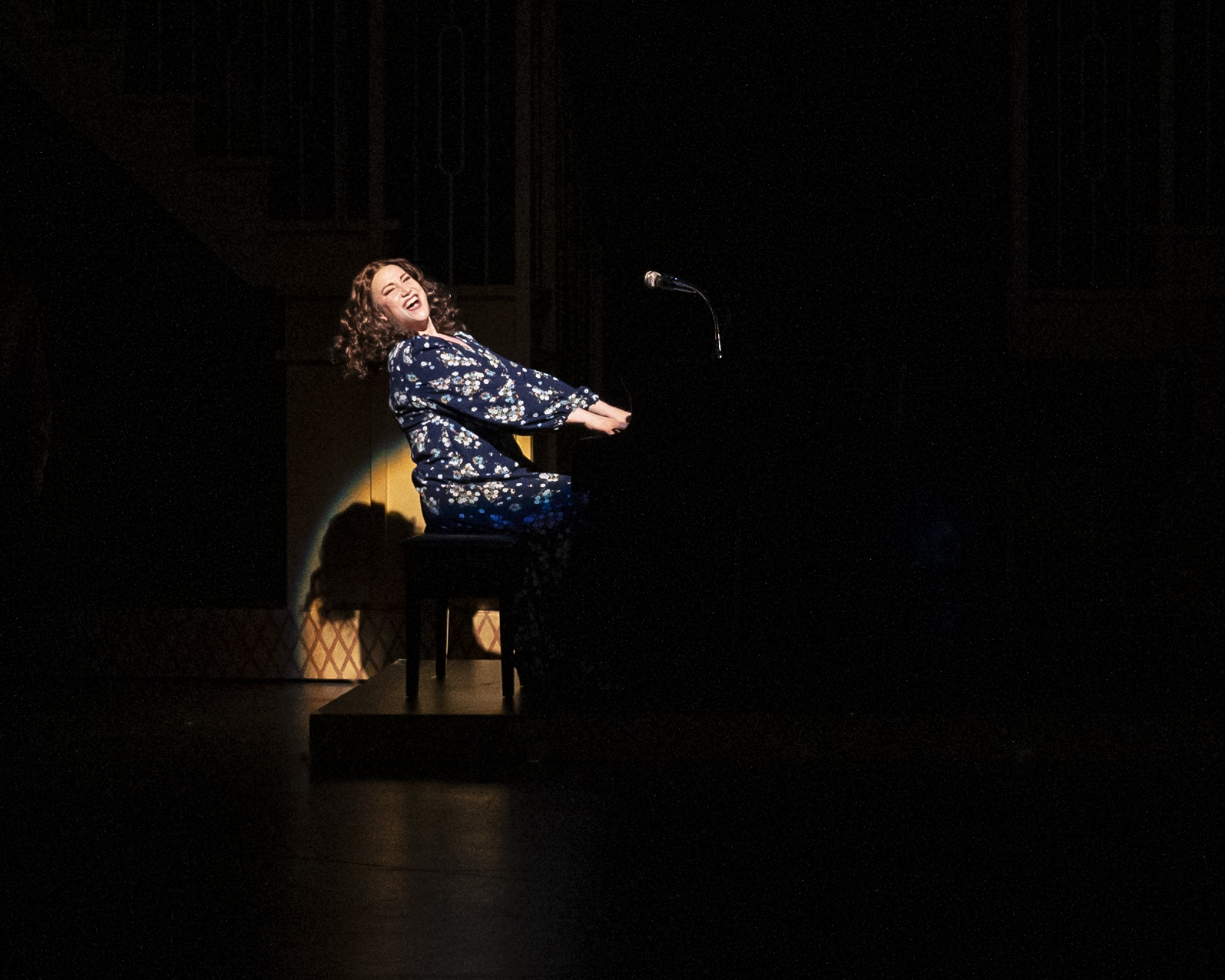In an apartment with high ceilings, hardwood floors, and mismatched layers of paint covering water-damaged plaster, Booth (Yao Dogbe) hovers over an improvised tabletop of thick corrugated cardboard held level by six sturdy milk crates. He’s practicing his patter as a dealer at three-card monte, a confidence game by which many a mark has been separated from their money.
So engrossed is Booth in his practice that, unbeknownst to him, someone has entered his apartment in a long black frock coat, tall stovepipe hat, theatrical beard, and Whiteface.
Booth pulls a gun, but does not pull the trigger.
His elder brother, the titular “topdog,” Lincoln (Ro Boddie) stands in front of him. Lincoln works as an impersonator of his namesake, Abraham Lincoln, at an arcade where customers pay to reenact the 1865 assassination of the 16th President of the United States.
This Chekhovian scene opens Suzan–Lori Parks’ two-hander, Topdog/Underdog. Though not her first play, it established her reputation as a major American playwright with its 2001 premiere. It also made Parks’ the first Black woman to win the Pulitzer Prize in Drama.
Lincoln has been sleeping on Booth’s easy chair since he and his wife, Cookie, divorced, but it’s his acting job at the arcade that pays the rent on the brothers’ possibly illegal apartment (it lacks running water and the only toilet is down the hall, presumingly shared with neighbors, whose presence is heard through Nick Hernandez’s sound design, which deftly switches from diegetic to non-diegetic sound). Booth is a master shoplifter. In one interlude Dogbe performs an extended dance revealing that Booth has stolen two entire suits, including dress shoes, but despite his fast fingers, and his insistence on rechristening himself as “3–Card,” he cannot master the confidence game at which his brother excelled.
Before he turned to portraying Honest Abe in his final hours, Lincoln was a talented dealer, often pulling $1,000 a day. He stopped dealing cards after a member of his crew, Lonny, his stickman—the accomplice who plays an innocent—took a bullet. And, as Lincoln attempts to impress upon Booth, a dealer relies heavily on his crew. It’s not a lesson the “underdog” wants to learn.
In between discussing their various scams, the brothers mull over how their mother abandoned them when Lincoln was 14 and Booth was 9. Their father walked out on them two years later. Each brother was left with an “inheritance” of $500 cash, and names that seem to have fated them for a violent end. Both parents also managed to make their children complicit in their marital infidelities, hobbling both brothers emotionally and economically decades later.
While all this is happening, Booth is, perhaps delusionally, attempting to rekindle a romance with his ex-girlfriend, Grace.
Director Jamil Jude has crafted strong performances from his cast of two. Boddie imbues Lincoln with the gravitas needed for an Abe impersonator while also maintaining a dry sense of humor. When Lincoln decides to see if he still has the touch for the cards, we see another way the actors have distinguished their characters: Dogbe’s Booth is bold and impulsive, which may serve him well in acquiring a five-finger discount, but Lincoln reads the room, creating a sense of intimacy and fostering a psychological connection with the mark; the way he moves the cards (Ryan Phillips consulted on card manipulation) is both faster and understated.
When Parks wrote Topdog/Underdog, it was set in “the present” of 2001. But so much has changed since then the play feels more like a period piece. When the brothers talk about a phone, they mean a landline they don’t have, or the coin-operated pay phone on the street. Pornography isn’t viewed on the internet, but in magazines, a pile of which Booth can barely contain under his cot. This sense of time is also extended to the sense of place, with the design elements placing the story in D.C.—and why not? John Wilkes Booth’s assassination of Lincoln at Ford’s Theatre is part of our local history. Costume designer Danielle Preston dresses Booth in a Washington Bullets T-shirt, which references the killing as well as the local NBA team before it was rebranded as the Wizards in 1997. Scenic designer Meghan Raham has used the mostly obscured neon lights outside the windows and the faded lettering painted on the brick exterior of their building to imply that the brothers live inside one of the District’s former Wonder Bread factories. Likewise, local go-go band Rare Essence’s 1998 song “Overnight Scenario” plays during one of the interludes.
The spectacle of having a Black man portraying America’s most iconic White savior in an arcade game where players pay to reenact the president’s assassination first appeared in Parks’ earlier 1994 The America Play. Both plays may have come after the 1990 premiere of Stephen Sondheim’s Assassins, in which the first song proclaims “Everybody’s Got a Right” to kill a president, but it’s also prescient in ways Parks may not have intended: Political violence has become increasingly mainstream in American culture, and, at times, a source of entertainment for some. Take, for example, the January 6 insurrection where some chanted “hang Mike Pence.” Though the ironic subtext of Topdog/Underdog’s spectacle is left unexplained, leaving different audiences to make different interpretations with every production, the way our present moment hangs over this already powerful production only deepens the subtext.
Topdog/Underdog, written by Suzan-Lori Parks and directed by Jamil Jude, runs through June 30 at Round House Theatre. roundhousetheatre.org. $46–$88.




